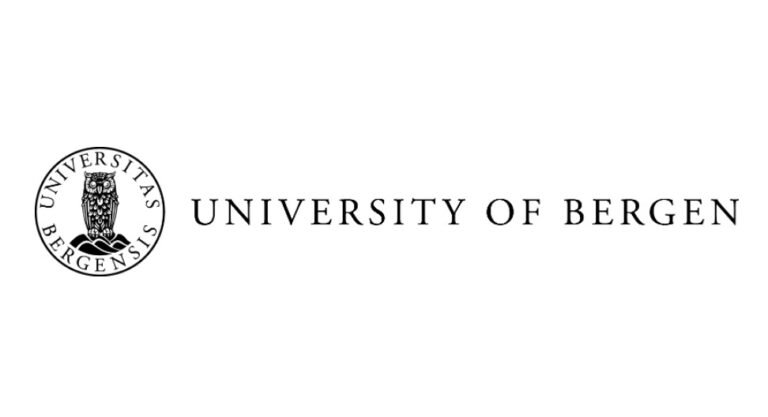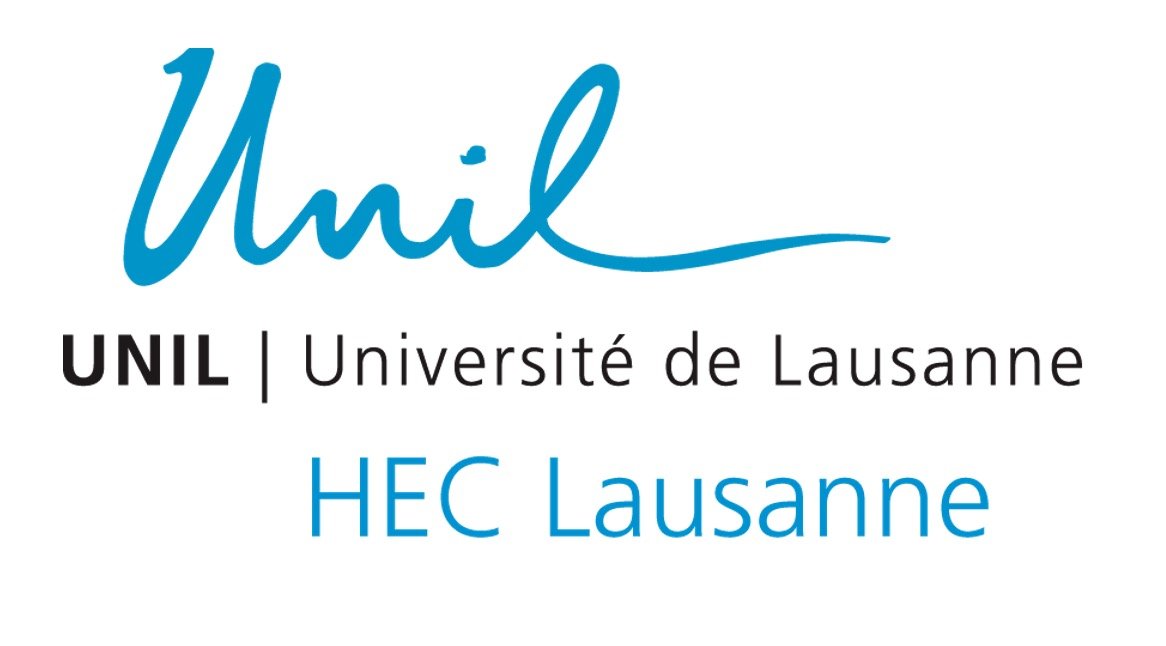Project details
This project will focus on various aspects of the biology of aging and extending healthspan, including but not limited to cellular metabolic pathways that confer resilience to aging.
The study of aging, or senescence, is a complex field that seeks to understand the biological processes that lead to the decline in cellular function over time. A novel approach to this research involves measuring volatile organic compounds (VOCs) emitted by cell cultures as they age. These volatiles serve as biomarkers, providing insights into the metabolic changes that occur during aging.
The project in question will utilise cell culture models (BBB, muscle and bone) to simulate the aging process and measure the resulting changes in VOCs. This approach offers several advantages over traditional aging studies. It allows for controlled, replicable conditions and the ability to observe cellular changes in real-time. Moreover, it avoids the ethical and logistical issues associated with human or animal subjects.
One of the key goals of this project is the identification of specific VOCs that correlate with aging. For instance, certain aldehydes increase in concentration as cells age. These aldehydes are byproducts of lipid peroxidation, a process that damages cell membranes and contributes to age-related dysfunction.
The project also explores the reversibility of aging-related VOC changes by introducing geroprotector compounds.
The project is embedded into a larger group of researchers across several Departments within Loughborough including Chemistry, Sport, Exercise and Health Sciences, and Computer Science. You will receive a high level training and mentoring in scientific methods, project design and presentation, and the opportunity to present your findings at international events.
The School of Mechanical, Electrical and Manufacturing Engineering has seen 100% of its research impact rated as ‘world-leading’ or ‘internationally excellent’ (REF, 2021).
Supervisors
Primary supervisor: Professor Alexandra Stolzing
Entry requirements
Our entry requirements are listed using standard UK undergraduate degree classifications i.e. first-class honours, upper second-class honours and lower second-class honours. To learn the equivalent for your country, please choose it from the drop-down below.
Entry requirements for United Kingdom
Applicants should have, or expect to achieve, at least a 2:1 Honours degree (or equivalent) in a related subject. A relevant Master’s degree and/or experience will be an advantage.
• A Master’s degree in Biology or related field.
• Strong research skills, including experience with quantitative and/or qualitative methods.
• Excellent written and verbal communication skills. Proficiency in English is essential.
• Ability to work independently and collaboratively in a multidisciplinary team environment.
English language requirements
Applicants must meet the minimum English language requirements. Further details are available on the International website.
Fees and funding
Tuition fees for 2023-24 entry
UK fee
£4,712 Full-time degree per annum
International fee
£26,000 Full-time degree per annum
2023-24 tuition fees are applicable to projects starting in January 2024, April 2024, and July 2024.
Tuition fees cover the cost of your teaching, assessment and operating University facilities such as the library, IT equipment and other support services. University fees and charges can be paid in advance and there are several methods of payment, including online payments and payment by instalment. Fees are reviewed annually and are likely to increase to take into account inflationary pressures.
How to apply
All applications should be made online. Under programme name, select ‘Mechanical and Manufacturing Engineering’. Please quote reference number: UF-AS-2024-2









